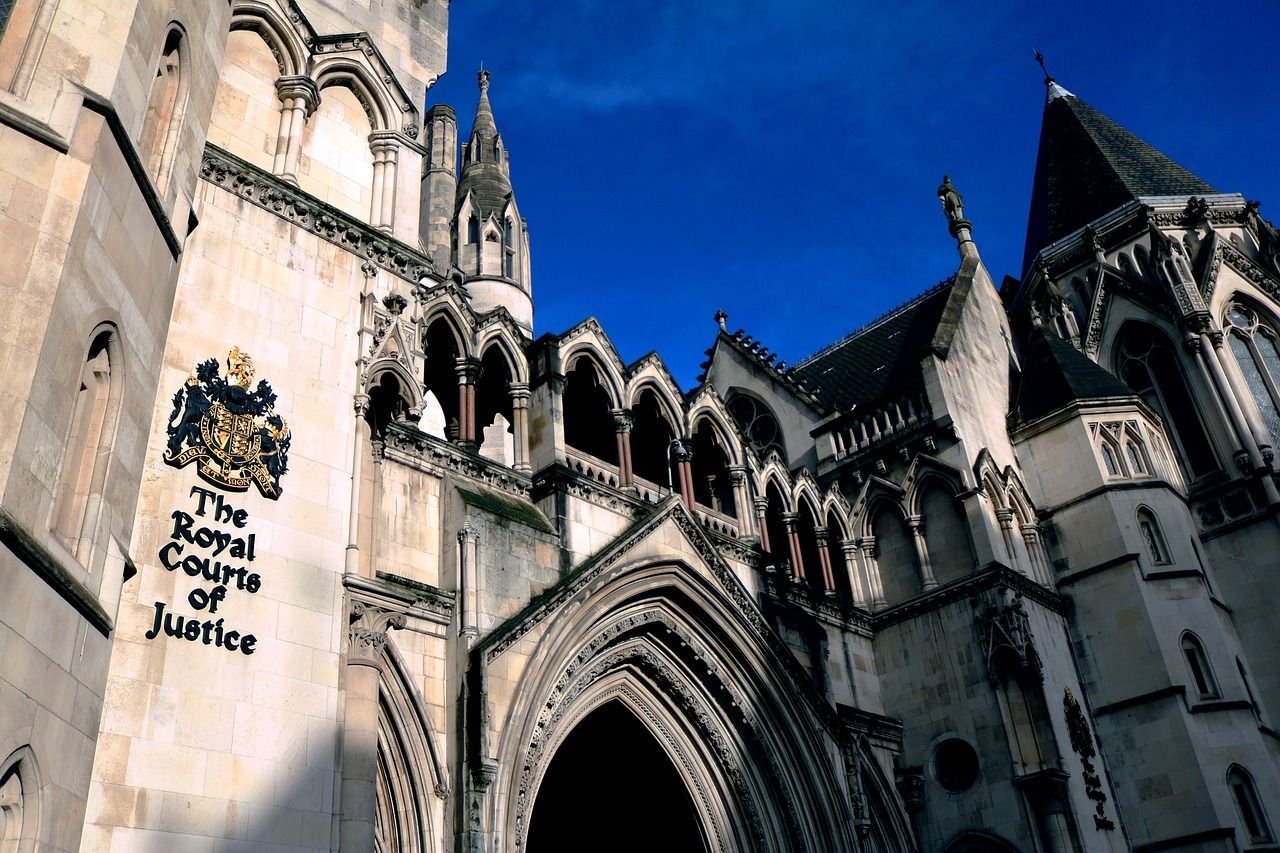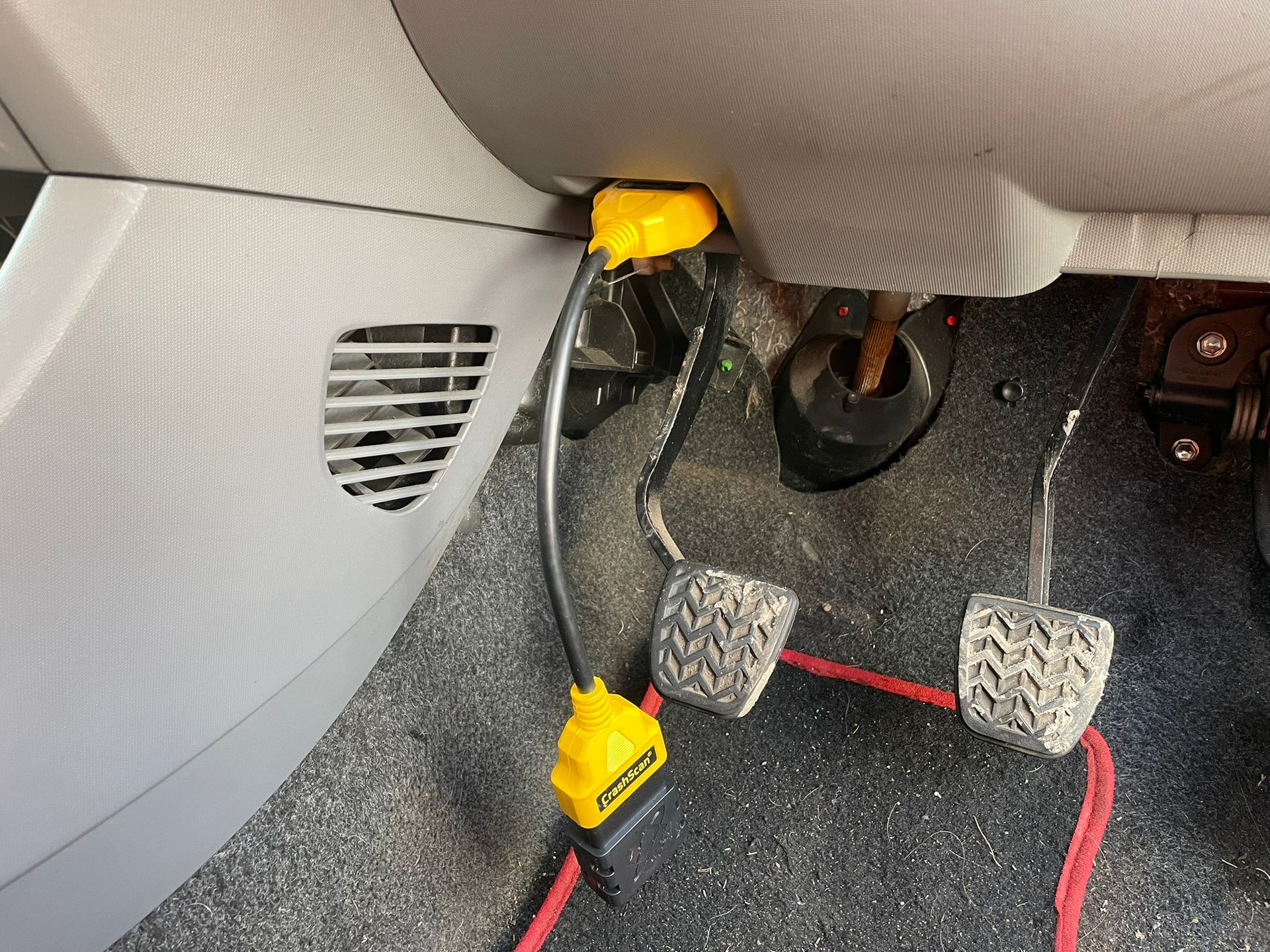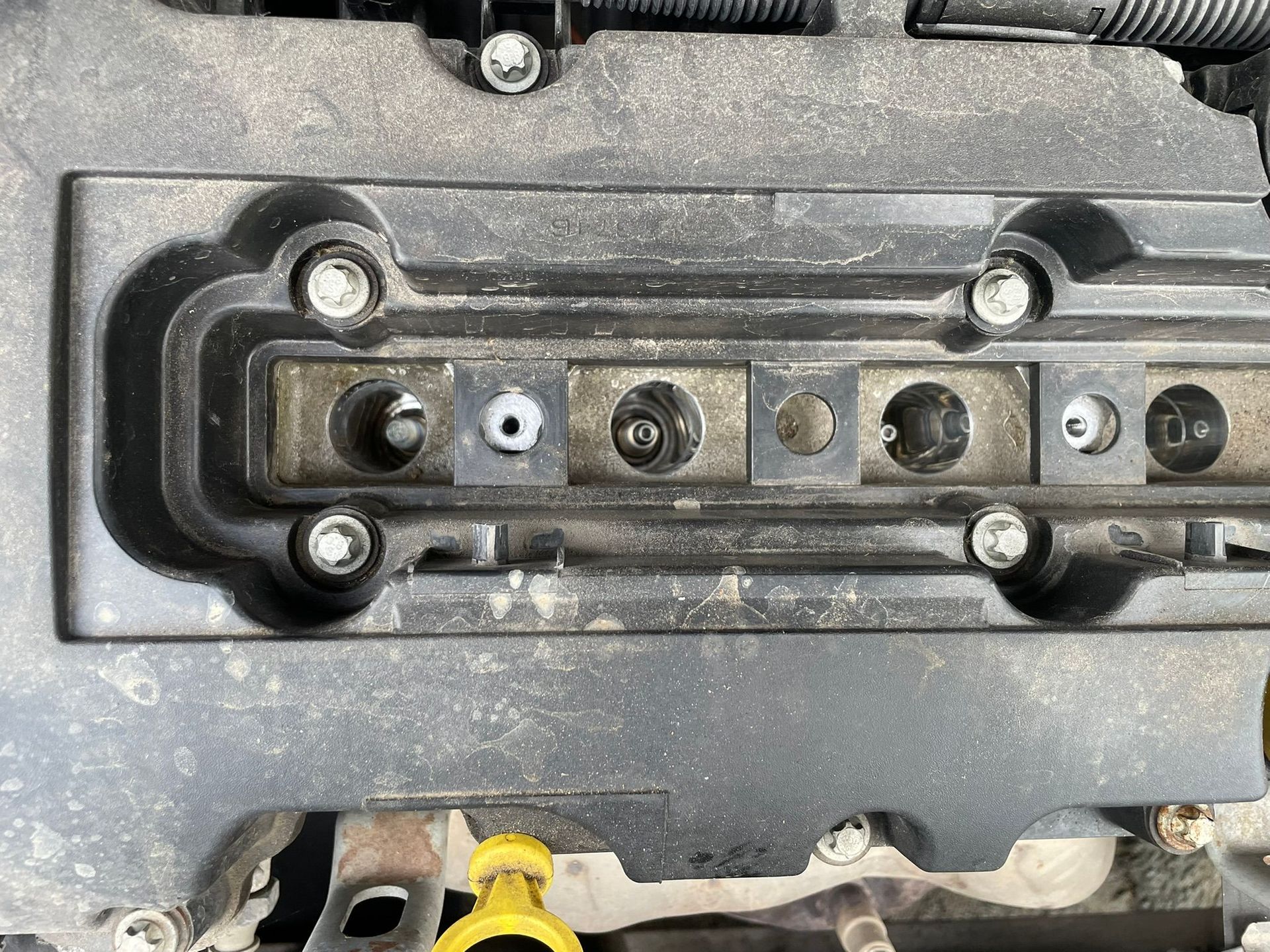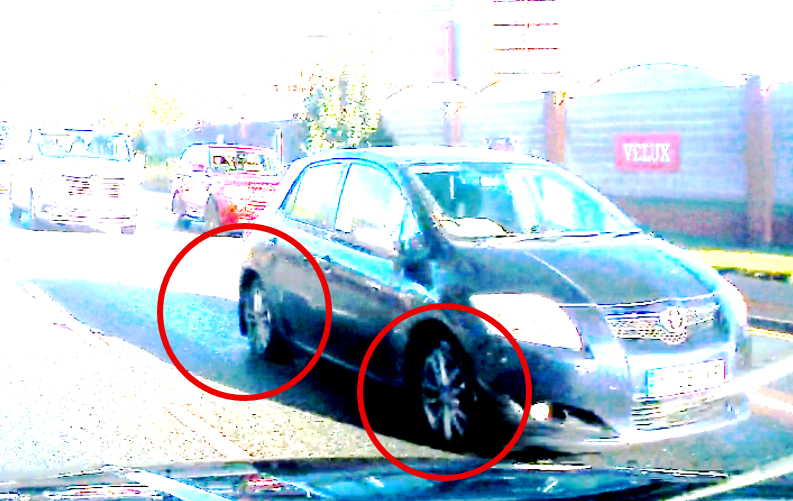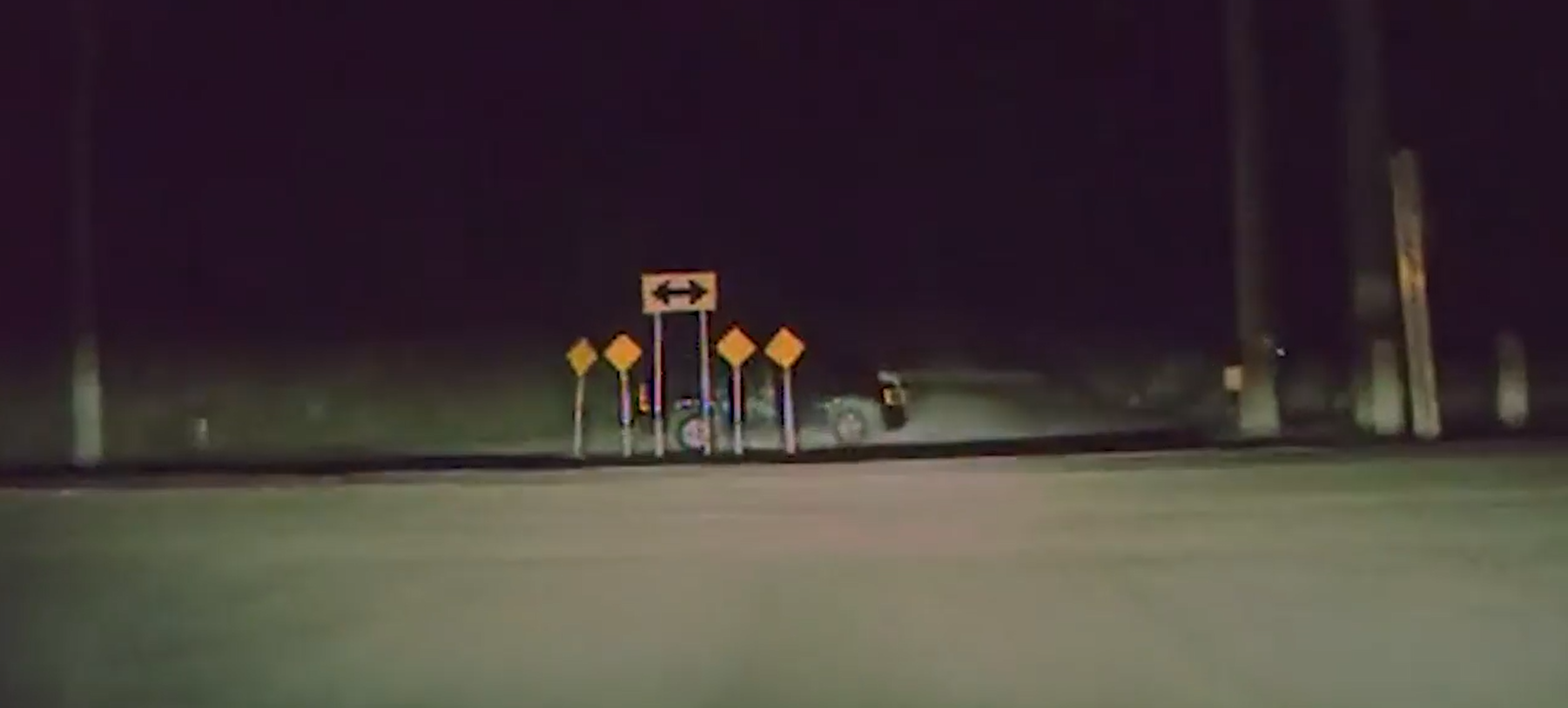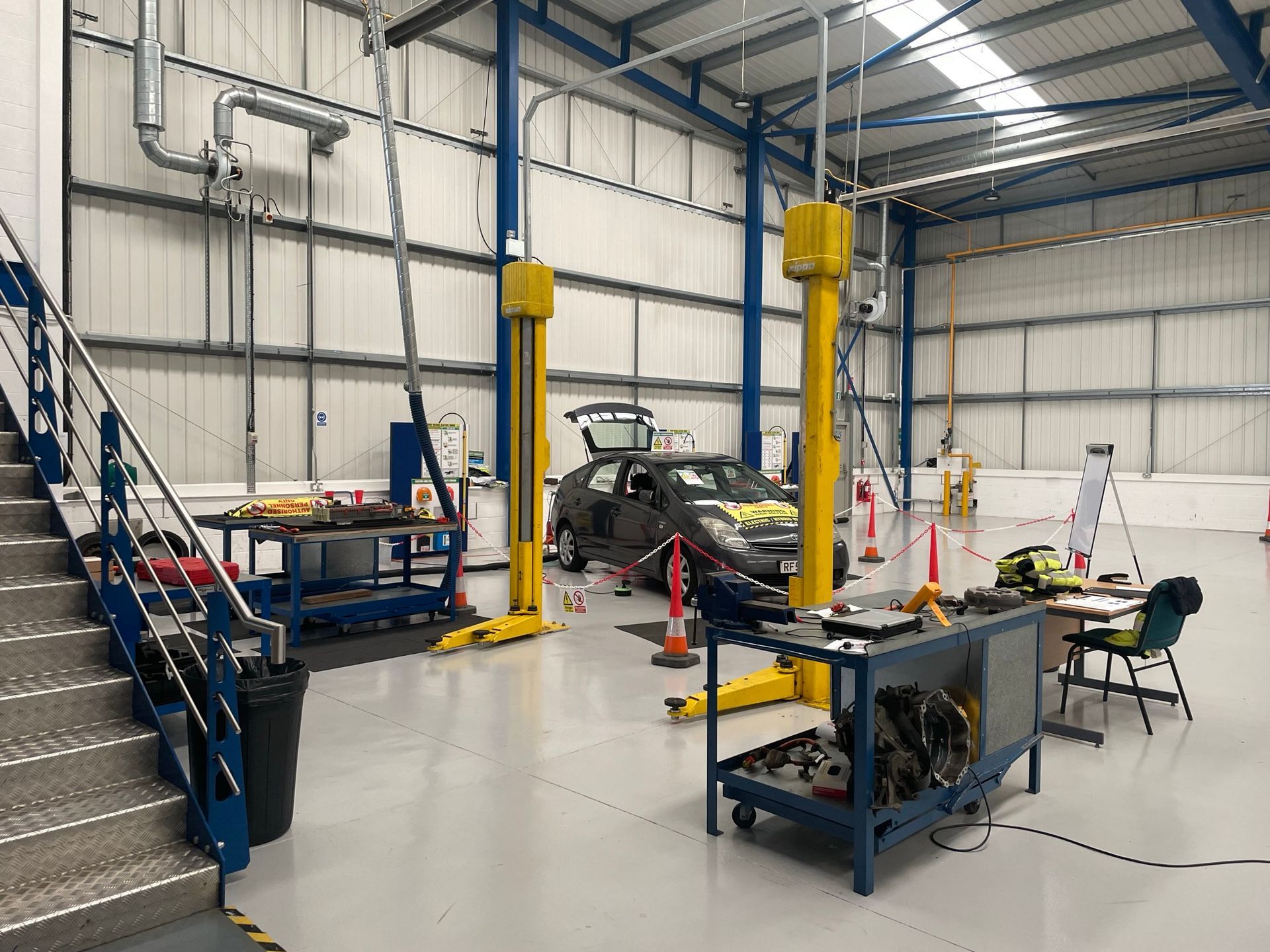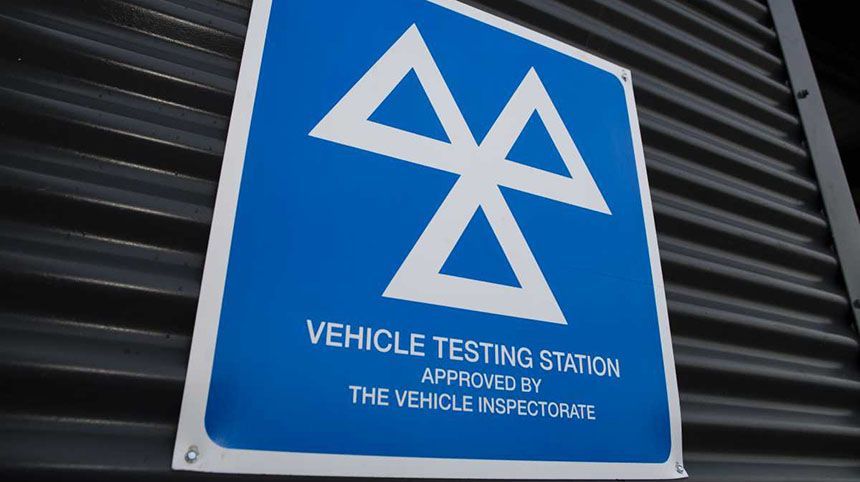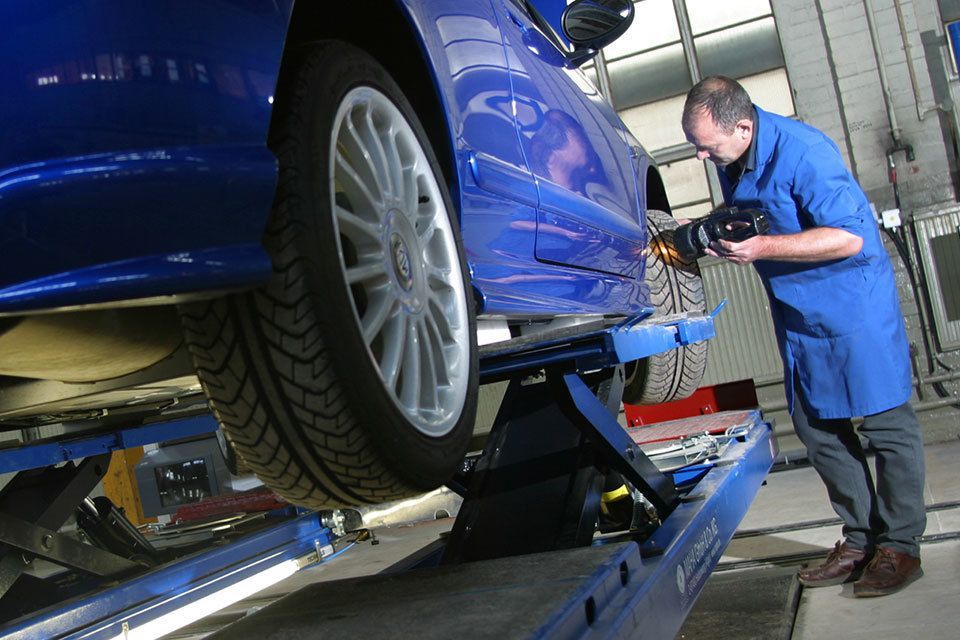What happens when the car unintentionally accelerates? How do you workout if it was the driver, the car or something else?
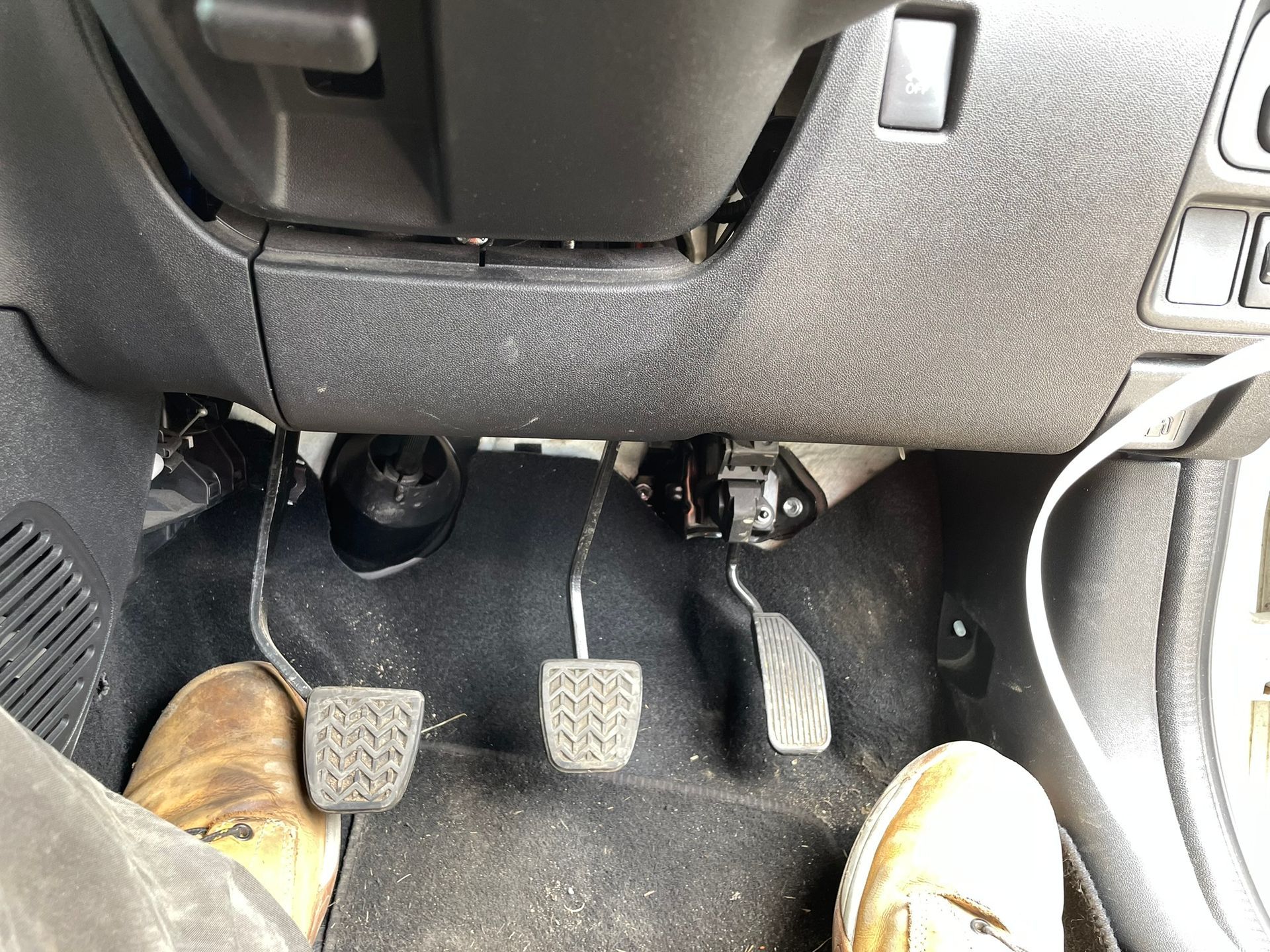
When a driver is involved in a serious incident and alleges their car suddenly accelerated, how do we investigate that? We can be quick to assume that the driver must be at fault and they are either making it up, they pressed the wrong pedal or some other reason, but what if the car did accelerate?
How do we go about answering that question?
This post is as much about me describing what I might do, but it is equally about me trying to understand what others do, and why. The complexity of modern cars is increasing at pace and so where an investigator might be tempted to try and recreate what the driver stated they did, this might not be enough and increasingly, events like this are requiring more than one type of expert.
Crashes rarely, if ever, fix mechanical issues, but the same cannot be said for electrical issues, particularly those intermittent ones. Imagine the flickering light bulb, when its on, its working, but there is clearly an issue because there are periods of time where the light fails to illuminate. What happens if that flicker, occurs in your car at the wrong time?
Moreover, what if the “defect” doesn’t relate to hardware, what if it relates to software? There have been instances in the past, where software has been to blame.
Going back to the original question, I start by considering what the driver has alleged and what the vehicle was doing at the moment, the aim being to create a timeline of what happened and when. Some instances of sudden unintended acceleration have been caused by long or short depressions of buttons or by buttons being nudged or a sequence of events which when put together, have caused or contributed to the unintended acceleration. As with all investigations, the devil is in the detail, but in the same breath, those involved may not always have the best recall as they weren’t necessarily intending for this to have happened, so it is important to keep an open mind and consider the information provided.
After this, I will generally look to inspect the cars mechanical systems, partly because if I am to recreate the events described by the driver I want to know I can get the car to stop, but also because a lack of maintenance and/or a component failure, may have contributed to the incident or it may have been an option to avoid an unintended acceleration.
The next part is where the difficulty sets in, I check the cars electrical systems. This will differ case by case, but I might download the vehicles fault memory, check switches and buttons work, wiggle wiring to see if signals drop out, visually inspect components for damage, corrosion or water ingress, operate something and watch the signal being received in “live” data, the ultimate aim being to see whether there are any oddities either in the operation or the data.
From here, I will look to list all the issues I find, and I’m looking to see whether there is any connection between the faults I have found.
If I am satisfied that I can safely bring the car to a stop, I will recreate the actions the driver stated they undertook to see whether or not, that unintended acceleration occurs again.
Finally, I will look at recall data, online forums, any technical bulletins and I might seek assistance from the manufacturer. I have found in the past that anecdotal information can help in identifying persistent problems and chances are, if there is a genuine issue with sudden unintended acceleration issue, it is likely to have affected more than one car. The same anecdotal evidence might also identify the routine required for the unintended acceleration to occur.
Through an investigation, I might not always be able to test everything or examine everything, and it will be necessary at that point to determine whether any other expertise are required. An example that comes to mind is that of automotive software. I am not an expert in automotive software, but it is possible that software may result in sudden unintended acceleration.
Broadly speaking, these are my considerations, would you do anything differently? Do you do anything differently?
Phone: 0113 534 8708 | Email: enquiry@drivenforensics.co.uk

